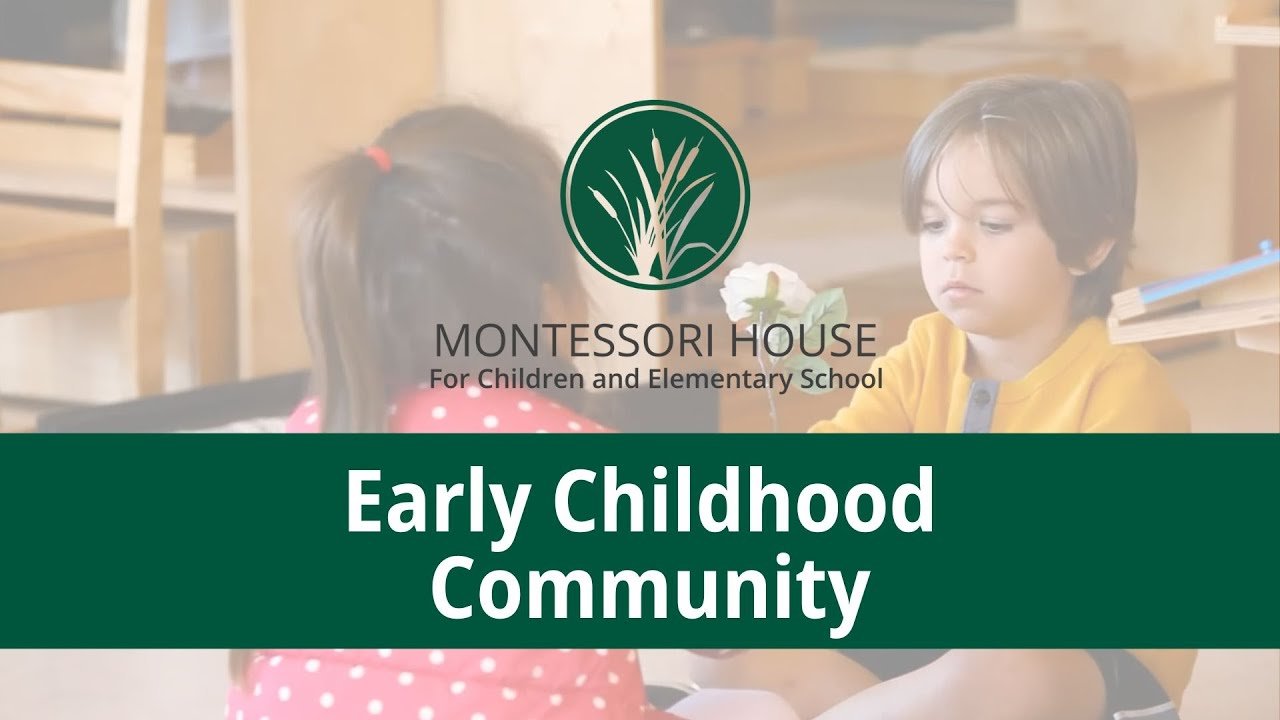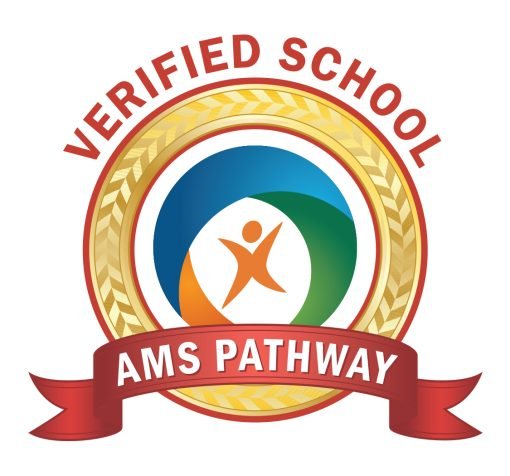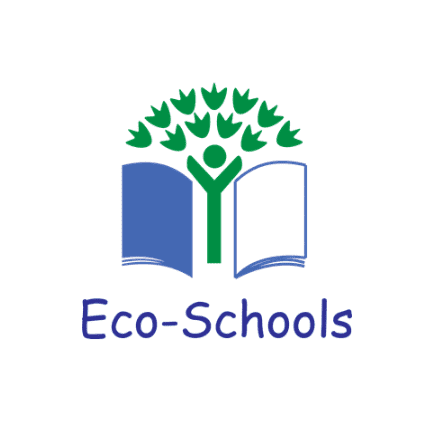For preschoolers 3 years old to 6 years old, the Montessori preschool and early childhood education program is the best environment for social, emotional, and cognitive development.
What they learn and how they develop in early childhood depends entirely on the quality of the Montessori school preschool program, which includes its design and environment.
There is a difference between Montessori schools. As AMS Verified School, we have developed the optimal early childhood program for your child. At Montessori House, children never stop learning or developing and will thrive in the future.
A Look Inside Our Preschool

Montessori Early Childhood Schedule
AUGUST – MAY (ACADEMIC SCHOOL YEAR)
Academic Day Program
8:30 a.m. – 2:30 p.m.
Full Day Program
7:00 a.m. – 6:00 p.m.
JUNE – AUGUST (SUMMER PROGRAMS)
10-week Program
We are located in Richmond, TX, just West of Houston, easily within daily driving distance of Katy, Sugar Land, and Fulshear.
Montessori Early Childhood Preschool Benefits
In the Montessori House preschoolenvironment, your child will develop a concrete academic understanding in the areas of language, mathematics, geography, science, music, and art. Beyond traditional early childhood subject matters, we also help your child develop leadership skills, acquire cultural understanding, and grow with advanced emotional intelligence.
Spanish Program
The Spanish language program begins at the Early Childhood level and is taught by a native Spanish speaker. The class introduces vocabulary, songs, and literature in the Spanish language.
Children in the Early Childhood program are also exposed to the many different languages of our guides. The lead guide presents the Montessori curriculum in English, and assistant guides regularly communicate in their native language, which could consist of Spanish, Hindi, Arabic, Russian, and others depending on classroom placement.
What Success at a Montessori Preschool Looks Like
Ultimately, the goal is to cultivate your preschooler into an independent, self-motivated learner that has a genuine joy for learning.
Montessori School Environment
Early Childhood Education: Montessori Curriculum
Practical Life – This area of the early childhood curriculum invites the young learner to act and work on real-life tasks. Through the activities, the child fosters independence, coordination, order and concentration. The materials develop a work cycle that flows into all the other areas of the classroom.
Mathematics – The central purpose of the Math materials in the early years is to lay the foundation for later development. It also prepares for the gradual transition to abstract thinking. Montessori students use hands-on learning with concrete materials to make abstract concepts clear and concrete.
Sensorial – Dr. Montessori saw the senses as the “doorway to the mind.” She considered sensory and manipulation an aid to the development of maturing sense organs (eyes, ears, nose, tongue and skin), and a starting point for intellectual growth.
Language – The language area contains a large variety of reading readiness materials for phonetic analysis, reading, as well as refinement of motor control for writing. The child begins by exploring the sounds that compose words and by relating them to the letters of the alphabet. He can soon produce words and sentences. Simultaneously, he trains his hand to become precise for the writing movements. Reading is prepared indirectly by writing. And because reading skills develop so smoothly in Montessori classrooms, students tend to exhibit a sudden “reading explosion” which leaves the children and their families beaming with pride.
Science, Geography, Culture and Arts – The Science curriculum includes a sound introduction to botany, zoology, chemistry, physics, geology and astronomy. The Montessori approach to science cultivates children’s fascination with the universe. History and Geography are introduced as early as age three. The youngest students work with specifically designed maps and begin to learn the names of the world’s continents and countries. Through cultural experiences within the classroom, they learn to appreciate diversity among friends. Music, Art and Movement offer children ways to express themselves, their feelings, experiences and ideas.



